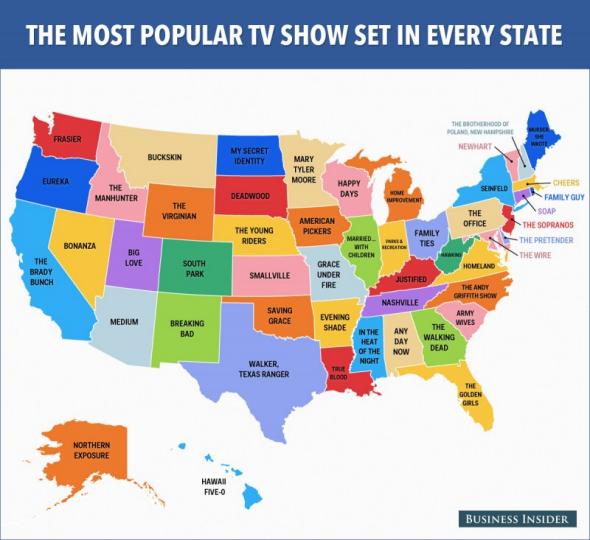- Alternate Nicknames
- Beef State
- Treeplanter State
- Capital: Lincoln
- Major Cities
- Omaha
- Grand Island
- North Platte
- Major Geographic Features
- Missouri River
- Platte River
- The North and South Platte Rivers converge in Nebraska to form the Platte River
- Badlands
- Sand Hills
- Great Plains
- Nebraska is not home to any national parks
- 1803: The United States gains control of present-day Nebraska with the Louisiana Purchase
- 1854: The Kansas-Nebraska Act provides the format of governing the Nebraska Territory through popular sovereignty
- 1865: The Transcontinental Railroad passes through Omaha
- 1867: Nebraska becomes the 37th state
- Nebraska is the only state with a unicameral legislature
- Nebraska has one house of representatives and no state senate
- Motto: "Equality before Law"
- Official Drink: Kool-Aid
- 1927: Kool-Aid was created in Hastings, Nebraska
- Name Origin
- Oto Indian language for "Flat water"
- Hebron, Nebraska is home to the world's largest porch swing
- 95% of the state is farms and ranches
- More than 33% of the state's population lives in Omaha and Lincoln
- Famous People
- Gerald Ford
- Malcolm X
- Buffalo Bill
Russia has been on a military buildup near the Ukraine border in recent days. Lysenko recently told the New York Times that Russia has 45,000 troops on the border backed up by 160 tanks, 1,360 armored vehicles, 390 artillery systems, 150 truck-mounted ground-to-ground rocket launchers, 192 fighter jets, and 137 helicopters. In fact, NATO Secretary General, Anders Fogh Rasmussen, told Reuters that there were no signs that Russia had withdrawn troops from the border and that a Russian invasion was "highly probable."
Eastern Ukraine has been in complete control of the rebels since April, including control of the major cities of Donetsk and Luhansk. As a result, Russia would find the support of the people in eastern Ukraine, making their advance easy. The Russian military is better trained, better prepared for a conflict, and larger than the Ukrainian army; any military engagements between the two would, barring any unforeseen complications, result in a Russian victory, which could entice them to move towards Kiev.
Russia has already claimed Crimea from Ukraine through a referendum, and Russia would like control of the oil pipelines that cross Ukraine. In many ways, Russia and its president Vladimir Putin view Ukraine as its irredenta, as Ukraine was under control of Russia long before it became a Soviet Socialist Republic. In addition, the rebels in eastern Ukraine consider themselves part of "New Russia" - only after Putin coined the term.
Eastern Ukraine has been in complete control of the rebels since April, including control of the major cities of Donetsk and Luhansk. As a result, Russia would find the support of the people in eastern Ukraine, making their advance easy. The Russian military is better trained, better prepared for a conflict, and larger than the Ukrainian army; any military engagements between the two would, barring any unforeseen complications, result in a Russian victory, which could entice them to move towards Kiev.
Russia has already claimed Crimea from Ukraine through a referendum, and Russia would like control of the oil pipelines that cross Ukraine. In many ways, Russia and its president Vladimir Putin view Ukraine as its irredenta, as Ukraine was under control of Russia long before it became a Soviet Socialist Republic. In addition, the rebels in eastern Ukraine consider themselves part of "New Russia" - only after Putin coined the term.











































